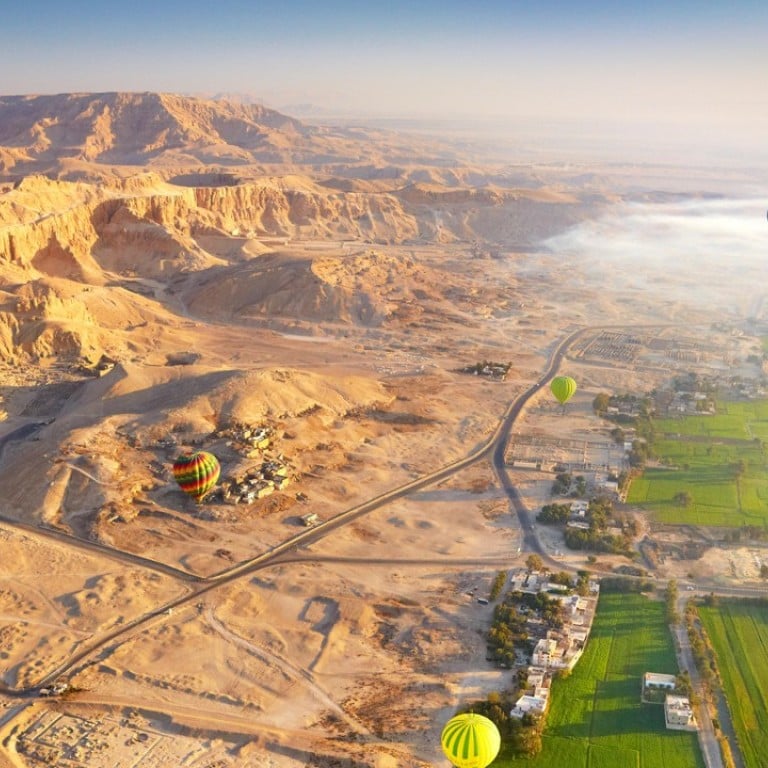
Tourism boycotts – why people gave Myanmar a miss and skipped South Korea? And what about plucky little Palau?
Whether government enforced political instruments or the result of an individual’s own ethical dilemma, these six destinations have felt the impact of the masses staying away
Tourism boycotts, whether government driven or instigated by travellers as a vehicle for social change, invariably leave a trail of collateral damage. For example, refusing to visit Namibia in protest against the annual clubbing of thousands of seals is an ethical minefield. The cull provides food and income for impoverished Namibians and protects fish stocks. Should the flow of tourists to the southwest African nation diminish, staff working for safari companies would feel the pinch, despite the excellent animal welfare and conservation management practices at game reserves such as Etosha.
There’s also the issue of double standards. Skip Namibia and consistency demands you should skip Canada as well (more seal clubbing), boycott the Tokyo 2020 Olympics (“scientific” whaling), Iceland (more whaling) and give Togo and Fiji a miss (illegal, unreported and unregulated fishing). Personally, I intend to suspend all travel to Togo but have decided to give Fiji one last chance.
Seven holiday destinations where our spending choices really matter
Here are a few other countries that have been on the receiving end of a tourism ban, official or otherwise.
Palau
With a population similar to that of a Hong Kong housing estate, Palau is punching above its weight in a spat with China. Tourism accounted for almost half of the archipelago’s gross domestic product until last November, when mainland travel agencies were ordered to stop selling tours to the tiny Pacific island nation after it refused to switch diplomatic allegiance from Taiwan.
Myanmar (Burma)
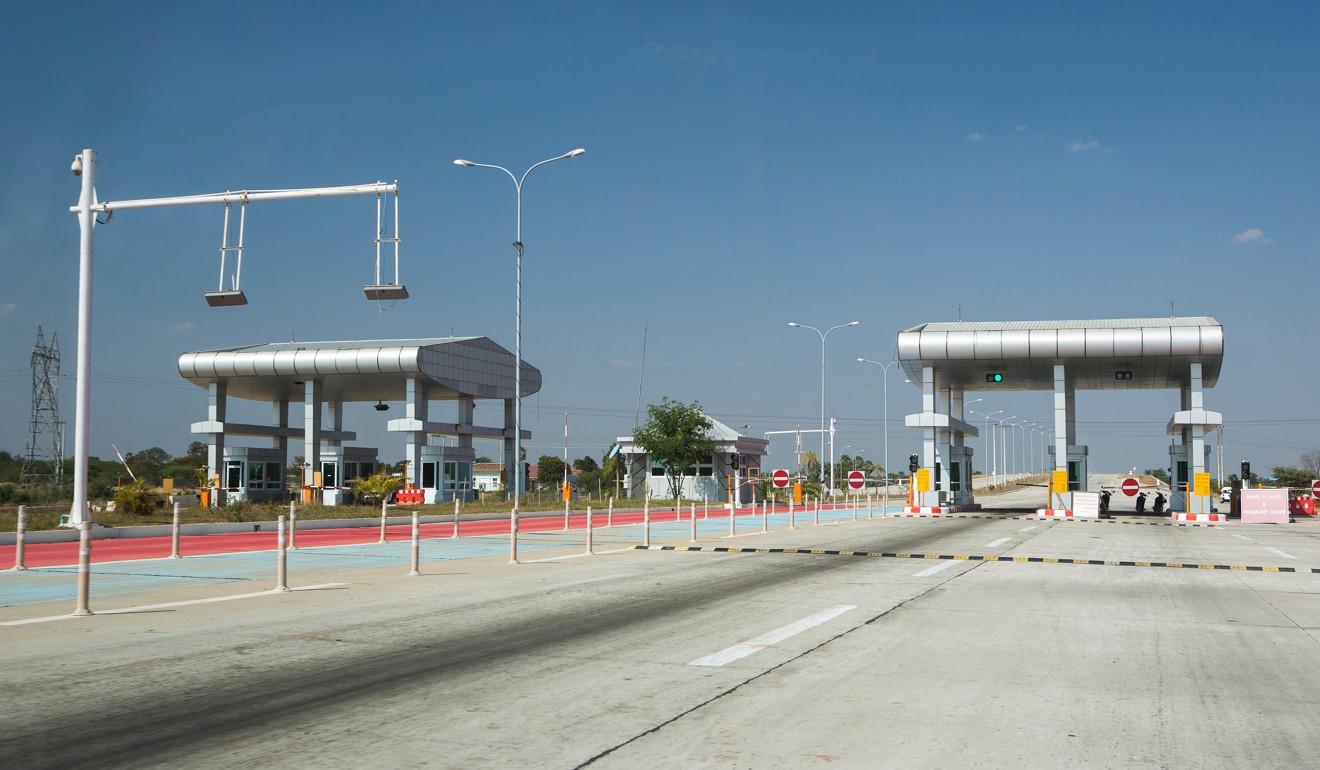
It’s 1996 and Visit Burma Year is in full swing. New hotels have opened, roads are freshly asphalted and travellers dutifully change their dollars into foreign exchange coupons to pay for tours and accommodation. The only thing missing are tourists. While this may have been due to the perception that the country was challenging to travel around, Aung San Suu Kyi’s call to “Make 1996 a year for not visiting Burma” certainly didn’t help.
Her stance created debate between those who felt money spent in the Southeast Asian nation would end up in the pockets of the military regime and others who argued that boycotts further isolated already vulnerable people, and in places where censorship prevailed, interaction and moral support could be a lifeline. Spending money in locally run enterprises doesn’t do any harm, either.
Despite the humanitarian crisis, no major boycott has been called for and even Suu Kyi has come around to the idea of encouraging visitors. “If we can modernise our transportation system, we will be able to attract more tourists,” the country’s first state counsellor told industry representatives in August.
South Africa
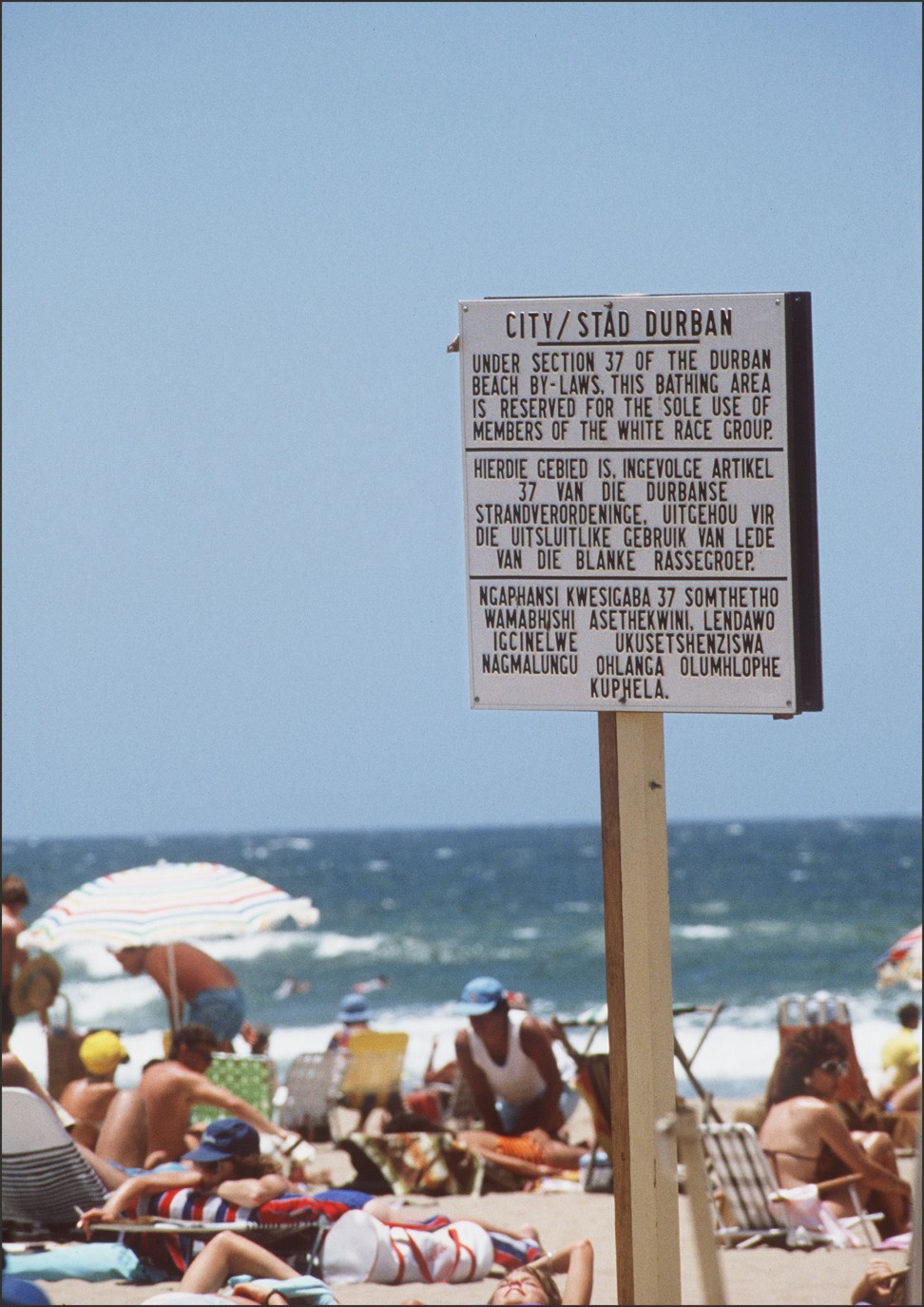
Individual boycotting of South African products during the apartheid era was matched by government imposed trade sanctions. Sports teams and entertainers were dissuaded from performing – anyone who did was sharply criticised – and, in an early example of the so-called weaponisation of tourism, the World Travel Organisation (WTO) rescinded South Africa’s membership.
The goal of welcoming one million overseas visitors a year by 1980 proved elusive and by 1986, arrivals had fallen to 290,000 (more than 10 million foreigners visited last year, by comparison). Those who made the decision to travel could expect segregated swimming pools and beaches, the best ones having been reserved for whites.
Political apartheid might be a thing of the past but high levels of unemployment, poverty and gang-related crime demonstrate that economic apartheid remains firmly entrenched.
Cuba
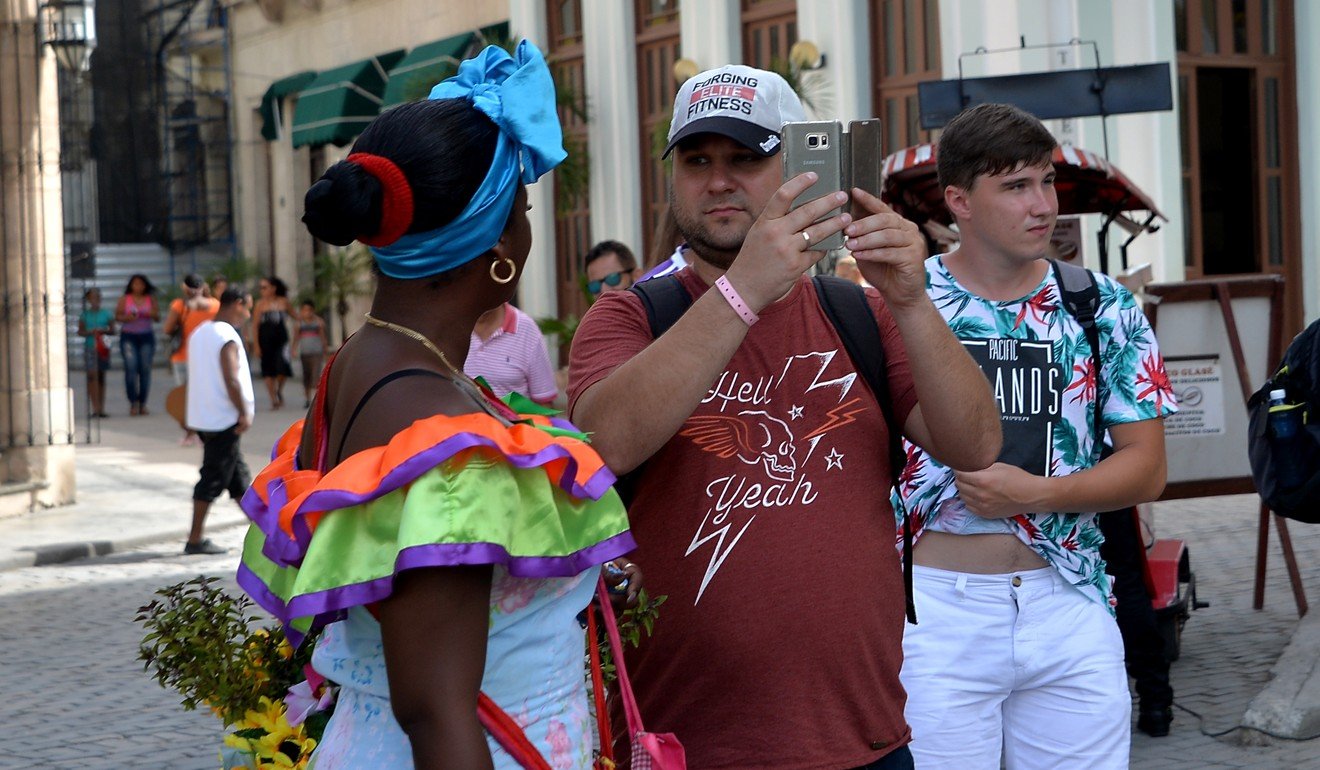
The United States embargo against Cuba is a series of trade and travel restrictions aimed at bullying the country into economic isolation. Since its introduction in 1962, American holidaymakers keen to see the Caribbean Island have needed to be creative – general tourism to Cuba is illegal, although it’s possible to visit under a dozen officially authorised categories.
Independent people-to-people trips designed to encourage interactions between travellers and locals (tourism by any other name) are no longer allowed but there are other ways in. To qualify as a visitor in the Support for the Cuban People category, Americans should book rooms in private homes (Airbnb listings, for example), eat at local restaurants and frequent home-grown businesses, excluding those banned by the US State Department.
It used to be relatively easy to arrive via a third country, such as Canada or Mexico, but the days of requesting Cuban immigration officials not to stamp American passports is over. Until the next policy shift anyway.
South Korea
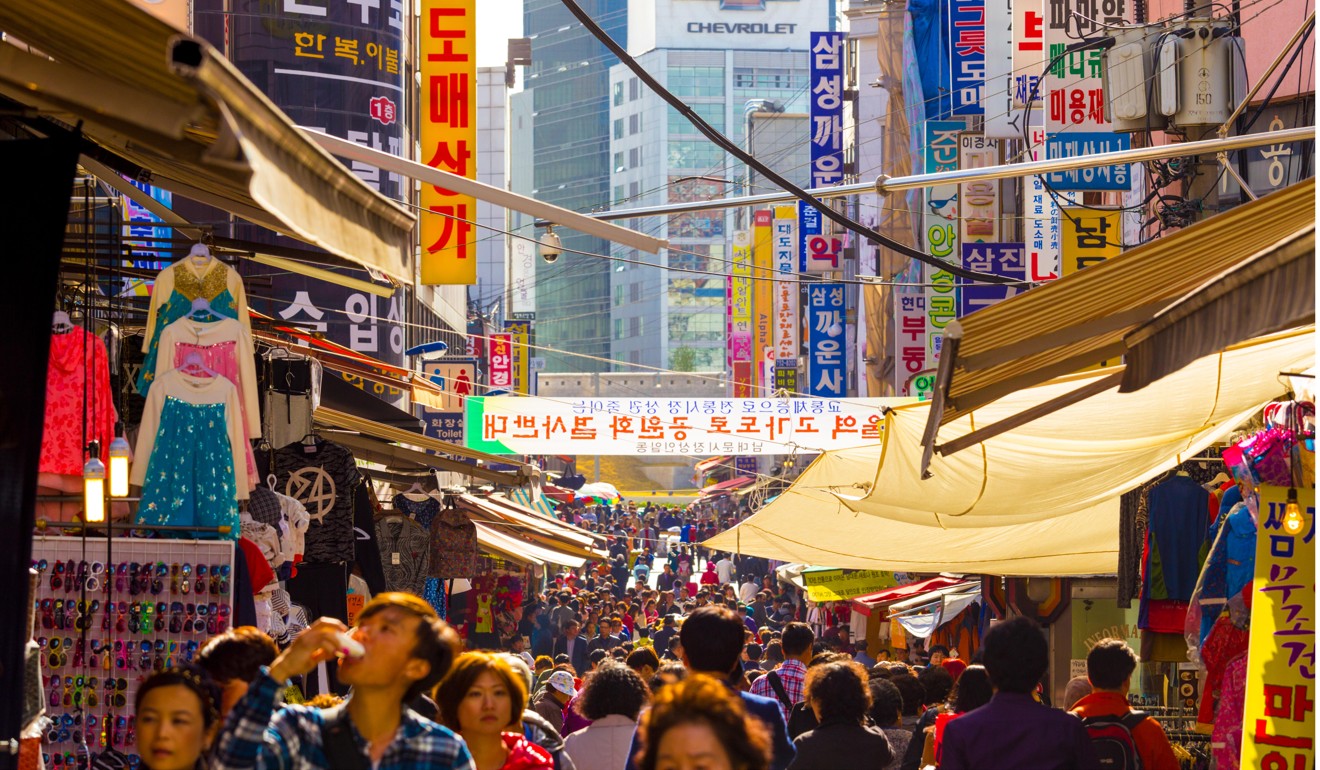
South Koreans no doubt sympathise with the people of Palau. In March last year, the Chinese government brought its Asian neighbour to heel by banning the sale of sightseeing tours to South Korea, in protest at Seoul’s decision to deploy an American missile defence system.
Egypt
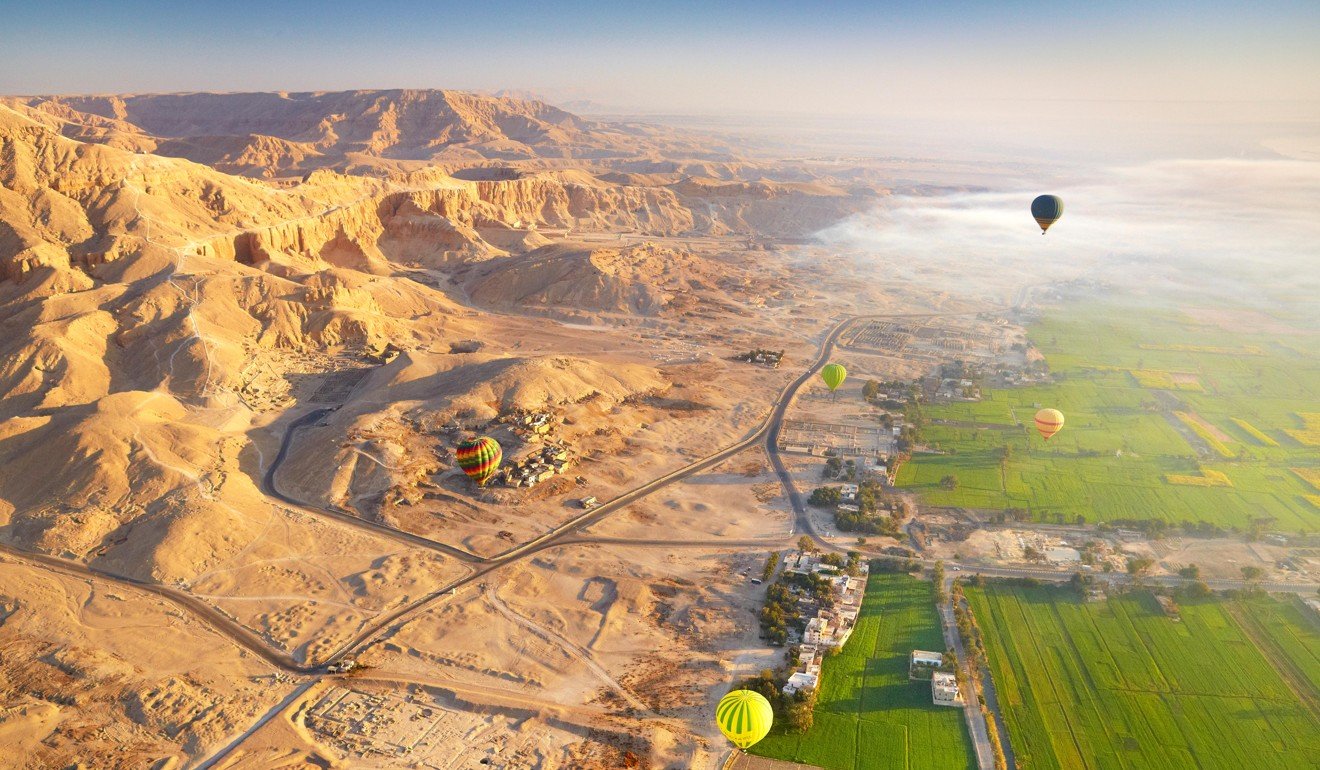
Russia cancelled all flights to Egypt and Britain followed suit by halting services to the resort of Sharm el-Sheikh. Travellers from those two countries contributed about 40 per cent of foreign tourists to Egypt. Chinese holidaymakers stepped in to help prop up the flagging economy, thanks to a hastily introduced visa-on-arrival system and deep price cuts.
Discounting is not without its risks, however, as noted in an article that appeared this year in Arab News, without mentioning any nationality specifically. “We are offering lower-quality services that attract tourists who tend to not conduct themselves well during their stay, and end up downgrading our tourist destinations and facilities.”

